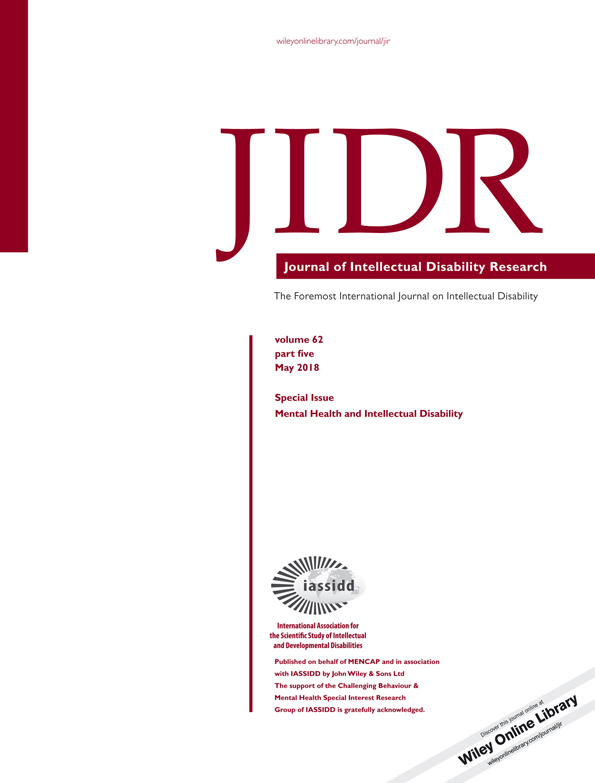Carers' preferences for the delivery of therapy services for people with disability in rural Australia: evidence from a discrete choice experiment
Abstract
Background
The implementation of the Australian National Disability Insurance Scheme is expected to generate a responsive, person-centred system that will empower people with disability to choose the services and support they receive. However, little attention has been paid to examine how users of the National Disability Insurance Scheme will choose and spend their individual budgets. This study aimed to determine quantitatively the relative importance that carers of people with a disability living in rural Australia place on different therapy service delivery characteristics.
Methods
A stated preference discrete choice experiment was incorporated into a survey of carers of people with disability living in rural Australia. Carers chose between therapy delivery services differing in attributes such as travel time to receive therapy, sector providing the service (i.e. Government, not-for-profit and private), out-of-pocket costs, person who delivers the therapy (therapist or other staff) and waiting time.
Results
A total of 133 carers completed the discrete choice experiment. The majority of respondents cared for a child with a disability (84%); the average age of the person they cared for was 17 years (SD 14.25). Participants expressed strong preferences for a short waiting time (0–3 months) to receive therapy services; services delivered by a therapist, no out-of-pocket cost and travelling up to 4 h to receive a therapy session (P < 0.05). Sector providing the service was not statistically significant.
Conclusion
Carers of people with a disability in rural Australia exhibited strongest preferences for short waiting times (0–3 months). Therapy services that are delivered by therapy assistants or support workers will require careful introduction to achieve uptake and acceptability.
Conflict of Interest
The authors have no conflicts of interest to declare.




